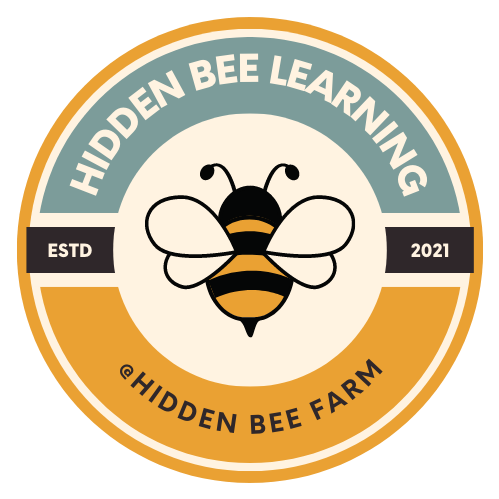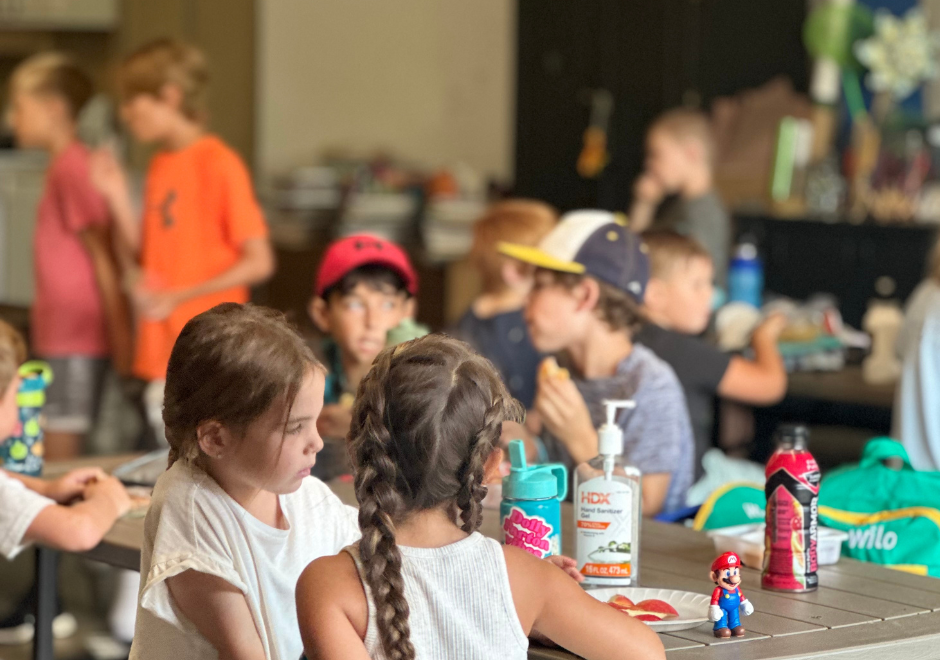How U.S. Students Are Performing and What It Means for Your Child
Understanding Reading Scores in Traditional Schools vs. Homeschooling and Why Literacy Is Essential
Reading is one of the most critical skills a child can develop, shaping their academic success, career prospects, and overall cognitive growth. But how well are students in the U.S. actually reading? Recent national assessments show concerning trends in reading proficiency across both traditional schools and homeschooling. This article breaks down the latest reading scores, highlights how Tennessee is doing, compares homeschool vs. traditional school performance, and explains why reading education should be a top priority for every family.
How Are Students Performing in Reading?
National Reading Scores
The National Assessment of Educational Progress (NAEP), often referred to as the “Nation’s Report Card,” provides a snapshot of reading performance across the country. The most recent data shows:
- Fourth Graders: Only 30% of U.S. fourth graders scored at or above proficient in reading.
- Eighth Graders: Just 29% of eighth graders reached proficiency, marking a decline from previous years.
- COVID-19 Impact: Reading scores saw a sharp drop following the pandemic, with many students struggling to regain lost ground.
Read more about the NAEP results
Tennessee’s Reading Performance
Tennessee has seen improvements in reading scores compared to the national average:
- Fourth Grade: 32% of students in Tennessee scored proficient in reading—slightly above the national average of 30%.
- Eighth Grade: 32% of students reached proficiency, outpacing the national average of 29%.
Tennessee’s education programs, including targeted reading interventions and structured literacy programs, may be contributing to these gains.
Learn more about Tennessee’s reading initiatives
Homeschooling vs. Traditional Schooling: Who Reads Better?
Parents often wonder whether homeschooling or traditional schooling offers the best outcomes for reading proficiency. Studies provide some insights:
Homeschooling Reading Scores
- Homeschooled students tend to score 15-30% higher in standardized tests compared to their public school peers.
- A study by the National Home Education Research Institute found that homeschooled students excelled in reading comprehension due to more individualized instruction and flexibility in curriculum choices.
- However, research from the National Center for Education Statistics (NCES) indicates that homeschooled students sometimes score lower in reading comprehension skills compared to traditional school students, possibly due to less exposure to structured reading programs.
Read more about homeschool performance
Traditional School Reading Scores
Public and private school students receive structured literacy instruction, trained teachers, and standardized assessments that help track progress.
However, class sizes, curriculum constraints, and varying quality of instruction can lead to gaps in reading development, particularly among students who need additional support.
Key Takeaway:
Neither homeschooling nor traditional schooling is inherently better for reading skills—it depends on teaching methods, parental involvement, and curriculum choices.
Why Reading Proficiency Matters for Your Child
1. Academic Success
Students with strong reading skills perform better in all subjects, including math and science, because reading comprehension is essential for problem-solving and learning new concepts.
2. Future Career Opportunities
Adults with higher literacy rates earn 30-40% more income and have better job prospects. Reading proficiency also increases college readiness and success.
3. Critical Thinking & Cognitive Growth
Reading enhances vocabulary, creativity, and critical thinking skills, helping children become more confident learners.
4. Social & Emotional Benefits
Students who struggle with reading often experience lower self-esteem and higher levels of frustration in school. Early intervention can make a significant difference in their confidence and love for learning.
Explore resources to help your child become a stronger reader
What Can Parents Do to Improve Reading Skills?
Make Reading a Daily Habit – Encourage your child to read for at least 20 minutes a day.
Choose Books They Love – Let kids pick books that interest them to make reading enjoyable.
Use Audiobooks & Read-Alouds – Hearing stories read aloud helps develop comprehension and fluency.
Engage in Conversations About Reading – Ask questions about the books they read to boost critical thinking.
Utilize Local & Online Resources – Many libraries and educational websites offer free reading programs.
Check out Tennessee’s reading resources for parents
Final Thoughts
Reading proficiency is not just about school success—it’s about giving kids the tools they need to thrive in life. Whether your child is in a traditional school or homeschooled, ensuring they receive quality reading instruction should be a top priority. Tennessee’s recent improvements show that progress is possible with the right focus and strategies.
Want to support your child’s reading journey? Start small—read together, ask questions, and make learning fun. The investment you make in their literacy today will pay off for a lifetime.
How do you help your child develop strong reading skills? Share your tips in the comments! - National Center for Education Statistics (NCES) Reports – https://nces.ed.gov/
- Tennessee Reading & Education Resources
- Tennessee Department of Education Literacy Programs – https://www.tn.gov/education/early-literacy.html
- Tennessee Early Literacy Network – https://www.tnscore.org/early-literacy-network/
- Read to Be Ready (Tennessee Initiative) – https://www.tn.gov/education/early-literacy/read-to-be-ready.html
- Parent & Educator Reading Resources
- Reading Rockets (Strategies, Activities, and Book Lists) – https://www.readingrockets.org/
- Scholastic Parent Resources – https://www.scholastic.com/parents.html
- PBS Kids Reading Games & Activities – https://pbskids.org/games/reading/
- Starfall (Early Reading Support for Young Learners) – https://www.starfall.com/h/
- International Literacy Association (Research & Best Practices) – https://www.literacyworldwide.org/
- Homeschooling & Reading Studies
- National Home Education Research Institute (NHERI) – https://www.nheri.org/research/
- Responsible Homeschooling Data & Reports – https://responsiblehomeschooling.org/research/the-test-score-myth/
- HSLDA Reading & Literacy Support for Homeschoolers – https://hslda.org/
- General Literacy & Educational Research
- Institute of Education Sciences (IES) Literacy Reports – https://ies.ed.gov/
- Edutopia Literacy Strategies & Best Practices – https://www.edutopia.org/literacy
- National Literacy Directory (Find Local Literacy Programs) – https://www.nationalliteracydirectory.org/

